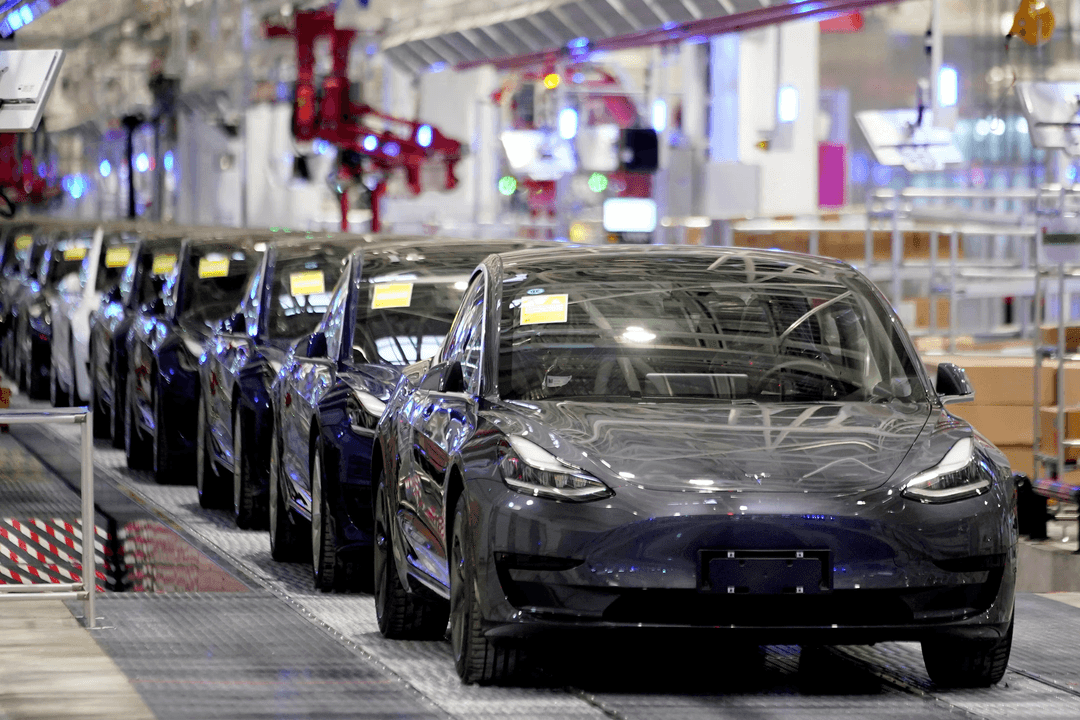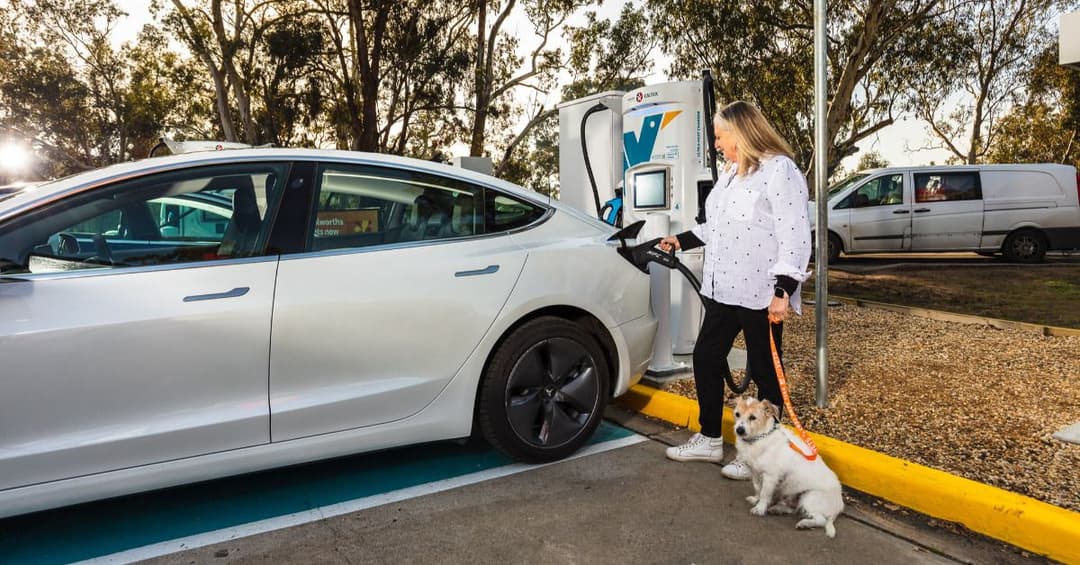Battery electric vehicles (BEVs) in Europe are now proving to be significantly more climate-friendly than petrol-powered cars, according to new findings from the International Council on Clean Transportation (ICCT). The study shows that BEVs sold today produce 73% fewer greenhouse gas emissions over their lifetime than internal combustion engine (ICE) vehicles. That’s a marked improvement from 2021, when the figure sat at 59%.
The results confirm what many in the clean transport space have long argued: battery EVs, not hybrids, are the most effective path to cutting emissions from passenger cars. These vehicles are responsible for around 75% of the transport sector’s emissions in the European Union, which is why serious decarbonisation efforts are now focused on going fully electric.
▶️MORE: Why EVs Still Win the Emissions Battle – Even With Battery Production

Electric Cars Are Getting Cleaner, Faster
The rapid decarbonisation of Europe’s electricity grid is playing a key role in the improved performance of battery EVs. In 2020, renewables made up 38% of the EU’s power mix. That figure is expected to reach 56% by 2025, and potentially 86% by 2045. This shift is crucial, because the vehicles sold today will likely remain on roads for the next 15 to 20 years.
Thanks to their superior energy efficiency and an increasingly green grid, electric cars are quickly becoming even more climate-friendly. As Dr Marta Negri from the ICCT noted, “Battery electric cars in Europe are getting cleaner faster than we expected and outperform all other technologies, including hybrids and plug-in hybrids.”
▶️MORE: Are Electric Cars Better For The Environment?

Hybrids Still Lag Behind
While BEVs have made rapid gains, hybrids and plug-in hybrids have stagnated in their emissions performance. The ICCT study found that hybrid vehicles only reduce lifetime emissions by about 20%, while plug-in hybrids manage about 30% less than their petrol equivalents. In practice, plug-in hybrids often rely more on petrol than planned, especially when drivers don’t regularly recharge the battery.
That makes them a poor choice for long-term climate targets. Although hybrids have a role to play in the short term, the data suggests they are not a serious long-term solution for countries aiming to drastically cut transport emissions.
▶️MORE: Introduction to Electric Vehicles: BEV vs PHEV vs HEV

Upfront Emissions Balanced Out Quickly
One of the common criticisms of EVs is the higher emissions involved in their production, mostly due to battery manufacturing. The study acknowledges this, stating that making an EV emits roughly 40% more carbon than producing a petrol car.
However, those additional emissions are usually offset after just 17,000 km of driving. For most drivers, that point is reached within the first one to two years of ownership. After that, EVs continue to emit significantly less than ICE vehicles, giving them a clear advantage across the full life cycle.
▶️MORE: How Long Do Electric Car Batteries Last?
Recent public commentary from some car industry executives has muddied the waters on the emissions debate, but the ICCT’s latest research offers clear evidence that EVs are the best way forward. As senior ICCT researcher Dr Georg Bieker puts it, “Life-cycle analysis is not a choose-your-own-adventure exercise.”
With cleaner electricity, better battery tech, and strong climate targets, the evidence points to one conclusion: going all-in on battery electric vehicles is the most effective route to cleaner transport in Europe and beyond.
Stay up to date with the latest EV news
- Get the latest news and update
- New EV model releases
- Get money savings-deal
